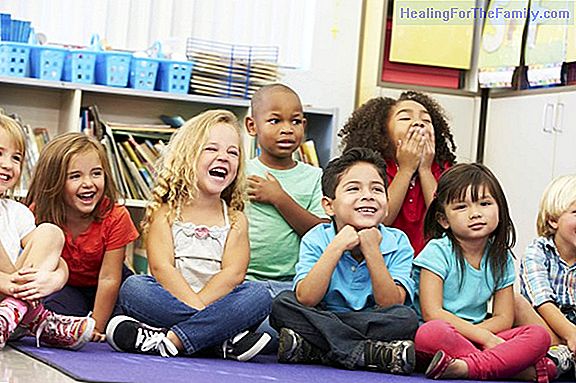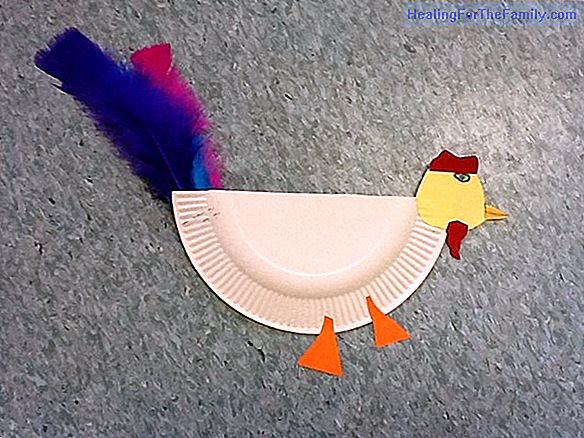First steps for children to obey
By definition, obeying is the attitude of obeying orders, norms, rules or behaviors, a very important value for good relationships and human coexistence. Strictly speaking, obedience refers to fulfilling and accepting the will of an authority. Normally we understand obedience, good behavior. That th
By definition, obeying is the attitude of obeying orders, norms, rules or behaviors, a very important value for good relationships and human coexistence. Strictly speaking, obedience refers to fulfilling and accepting the will of an authority.
Normally we understand obedience, good behavior. That the children do what we ask, that they comply with the rules, that they are quiet, that they do not bother or that they know how to behave. And for this to happen it is important that they know what we expect from them at certain times, since it is not the same to be at home, to go to a restaurant or go to visit some friends or be in the park, every situation will have its guidelines . So adults should teach them what are the rules that govern each situation. These are the first steps we have to take for children to obey.
How to educate so that children obey

Children do not learn from one day to the next, so it is important to give them time, but above all, dads must understand children, how they are and what we can expect from them at all times and stages of development. These are the considerations that we must take into account for children to obey:
- It is necessary for the child to know the norm (, (after playing the toys are collected, or when mom or dad say they have to pick up or get dressed or go to bed, you have to do it), therefore you have to show it to them and also what will happen if we do not comply, (which has to be according to the behavior), for example, if I do not pick up the toys, tomorrow I will not be able to play with they. We should not understand it as a punishment, but as a consequence of the norm not fulfilled. Dar - Give the children time to fulfill what we ask them, for example, I tell my son, "pick up the toys", he will not immediately cease his activity and he will pick up. This rarely happens, right? This does not mean that the child disobeys us, but that I have not given him time to process and react, the children, (and the adults too) need time.
- Know what I can expect from children at different ages.A two-year-old child is not the same as one of 6 or one of 10, in each age the norms and consequences are applied differently, adapting to the abilities of each child. Otra - Another important thing is that
the little ones have to be anticipated es, that is, telling them in advance what is going to happen, "When mom or dad finishes doing this, or when the chapter ends, the television will have to be turned off "so that the child knows what comes next - Explain to the children what we expect from them
. Children do not come standard knowing what we want and expect from them, so we have to tell them, not once, but several times, until they learn it. Especially when we face new situations. For example, if we go to buy shoes for the first time, surely enter and touch everything, it is normal, for him it is a novelty and he wants to explore. We would have to anticipate where we are going and explain what we expect from them in that situation (do not touch anything and stay by my side). -Understand that children are not miniature adults
, so we can not ask them to do the same as us. Children can not be doing the same thing for a long time, (or doing nothing), or keep quiet in the same place, so we have to understand that for example, if we are going to visit a store or a friend's house, we will have to prepare different activities or games so that they are entertained, and understand that if they get bored or upset, it is not that they are disobedient, it is that they need attention and activity.-
It is important to evaluate situations with a little more patience before stating that a child is misbehaving. An environment too full of stimuli, such as a large surface, a party, with noise, lights, excessive activity, can exceed the ability of children to face them, create confusion and lead to the manifestation of signs of overexcitement and anxiety. On the other hand, a very low stimulation can generate boredom, (doing paperwork, shopping can be a great nuisance for a child). In these cases, it is normal for the child to react in ways that we could qualify as "bad behavior".-
Something that we often forget: reward children when they do things well , that is, reinforce those positive behaviors. It is not necessary that it be a material reward, with a "good love, that we are proud of you" may be enough. The good behaviors presented by the children should be rewarded and the problematic behaviors should be completely ignored.












